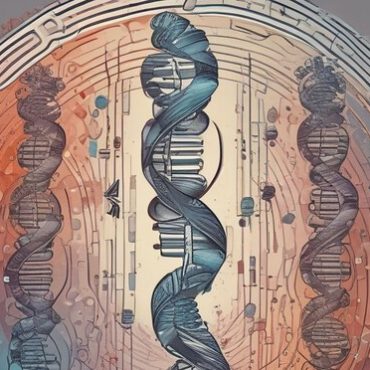Inchoate Crimes Definition

Penal Code§ 15.01 about Inchoate Crimes
According to Penal Code§ 15.01 inchoate crimes refers to the acts that involve the tendency to commit a criminal offence or to participate in a criminal offence indirectly. Such crimes consist of attempting to commit a crime, conspiring to commit a crime and soliciting to carry out the crime. Writers who offer criminal law assignment help at Edudorm essay writing service notes that an attempt to carry out a crime is considered the inchoate crime closest to commit it. The conspiracy to carry out the crime refers to agreeing to carry out the crime such that the conspiracy can be charged together with the crime itself. Solicitation to carry out the crime refers to the crime where a person asks another to carry out a crime (Lacey et. al 2003).
How to Determine Inchoate Crimes
In a society where individuals are said to have the freedom of association, the rationale that can be used to determine that inchoate crimes have been committed can be very tricky. The requirements of ‘mens rea’ for the inchoate crimes in the law are mostly strict in that they require a certain intent than for an offence that is completed. Experts who offer constitutional law assignment help at Edudorm essay writing service indicates that there are problems of interdependency created which are worsened by the possibility of mistakes being made in determining who is or is not guilty. For example, does a person who may be thinking that they are carrying heroin but is actually carrying vegetable leaves be said to have committed the offence of attempting to import heroine, a drug. In addition, where conspiracy is the issue, an overlap is bound to happen with liability of participation.
Understanding about this type of Crime
A person who agrees to assist in a theft crime has both conspired to steal and if the crime takes place, he becomes a principal in this second degree crime (Kaufman, 2006). This analogy is important since it is legally possible for one to withdraw at a particular stage from taking part in crime and thus becomes not liable, but such a possibility does not exist in the case of inchoate crimes. Authors who offer law assignment help services at Edudorm essay writing service points that for instance, a person who had been involved substantially in planning a crime of robbery but decides to withdraw and informs the police about the plan before the robbery is carried out may escape the liability for participation but yet be liable technically for conspiracy. The dilemma exist where the freedom of an individual can be curtailed by the interest of the society. This is mostly true in the current age of terrorism prevention where the need to protect the society may collide with the individual’s right of association.
Approaches to Dealing with Inchoate Crimes
In order to deal with the problems arising in the inchoate offences, there is a need to carry out reforms to come up with suitable solutions. The first solution involves addressing the differences between an attempt and the offence. This involves identifying the principles of liability on attempt which gives the instructions on how an offence for main offence of the attempt comes about. Tutors who offer law essay help at Edudorm essay writing service acknowledges that this gives a clear information that would be used to show when a person can be said to have committed the crime of attempt and when they are innocent. The other solution arise for the rule that someone cannot be held liable for inchoate crimes and at the same time be charged with the actual crime. The third other approach is that prove must be provided that a person had the particular intent of committing or contributing to the crime (Lacey et. al 2006).
References
Nicola Lacey, Celia Wells, Oliver Quick, Reconstructing Criminal Law 67-68 (1st ed.2003).
Nicholas, Kaufman, Problems Encountered in Investigating and Prosecuting Conspiracies to Commit Terrorist Offences 2006 (1-11).


